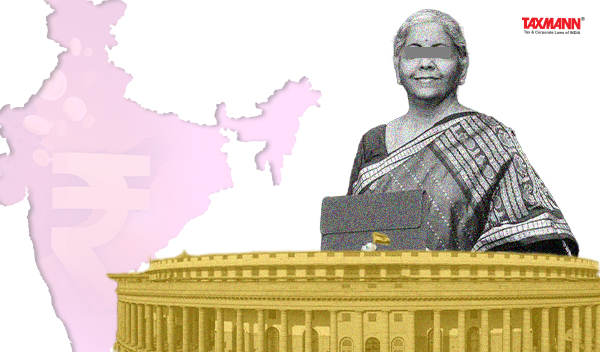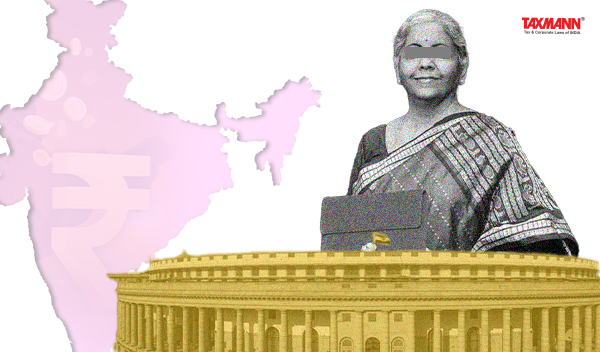
Pulkit Agarwal – [2024] 164 taxmann.com 533 (Article)
In the highly anticipated budget speech, Finance Minister Nirmala Sitharaman covered a wide array of topics, from fiscal policies to new reforms. However, several crucial changes in the Goods and Services Tax (GST) regime, which will significantly impact businesses and taxpayers, were not explicitly mentioned. Here, we delve into these key changes proposed in the Finance Bill 2024, shedding light on the amendments that might have flown under the radar.
Significant Changes in GST
1. Exclusion of Extra Neutral Alcohol from GST
Amendment of Section 9 of the CGST Act: One of the notable changes is the amendment to Section 9, which excludes un-denatured extra neutral alcohol or rectified spirit used for the manufacture of alcoholic liquor for human consumption from the purview of GST. This aligns with similar amendments in the IGST and UTGST Acts, providing clarity and consistency across the GST framework.
2. New Section 11A: Non-Recovery of GST Based on General Practice
Insertion of Section 11A: A new section empowers the government to waive the recovery of GST not levied or short-levied due to a generally prevalent practice in trade. This provision aims to regularize past practices and provide relief to businesses that followed industry norms, even if those norms were not strictly compliant with the tax law.
3. Time of Supply for Reverse Charge
Amendment of Section 13: Changes in Section 13 address the time of supply for services where the invoice is required to be issued by the recipient in reverse charge situations. This amendment ensures clarity in cases of reverse charge mechanisms, specifying the date of issue of the invoice by the recipient as the relevant date.
4. Input Tax Credit (ITC) for Past Financial Years
Amendment of Section 16: The insertion of sub-sections (5) and (6) in Section 16 provides exceptions to the existing rules, allowing registered persons to avail ITC for past financial years (2017-18 to 2020-21) under specific conditions. This retrospective amendment offers significant relief to businesses by extending the timeline for availing ITC.
5. Conditional Waiver of Interest and Penalty
Insertion of Section 128A: A new section introduces a conditional waiver of interest and penalty for demands raised under Section 73 for the financial years 2017-18 to 2019-20, provided the taxpayer pays the full amount of tax due. This offers a significant opportunity for taxpayers to settle past disputes without additional financial burden.
Click Here To Read The Full Article
The post [Opinion] Budget 2024 | Key Changes Proposed in GST appeared first on Taxmann Blog.
